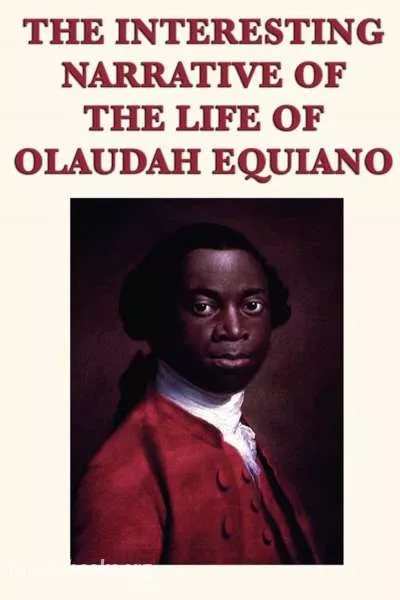
The Interesting Narrative of the Life of Olaudah Equiano, Or Gustavus Vassa, The African
'The Interesting Narrative of the Life of Olaudah Equiano, Or Gustavus Vassa, The African' Summary
Before Chapter 1, Equiano writes: "An invidious falsehood having appeared in the Oracle of the 25th, and the Star of the 27th of April 1792, with a view, to hurt my character, and to discredit and prevent the sale of my Narrative." Like many literary works written by black people during this time, Equiano's work was discredited as a false presentation of his slavery experience. To combat these accusations, Equiano includes a set of letters written by white people who "knew me when I first arrived in England and could speak no language but that of Africa." In his article, Preface to Blackness: Text and Pretext Henry Louis Gates Jr. discusses the use of prefaces by black authors to humanize their being, which in turn made their work credible. In this section of the book, Equiano includes this preface to avoid further discrediting.
Equiano opens his Narrative with an explanation of his struggle to write a memoir. He is empathetic about hardships that memoir writers experience. He explains they often have to defend themselves against those who question their work. He apologizes to his readers in advance for not having the most exciting story, but hopes it helps other slaves in his position. He states, "I am neither a saint, a hero, nor a tyrant." He begins his story with a description of his homeland and the district in which he was born. He was born in the Kingdom of Benin. Benin was a part of Guinea. He details his district, Eboe (now Nigeria), and the isolation of Essake, the small province of his birth in 1745.
Eboe, Equiano's district (now known as Igboland), had well established rules and laws of governing. Their system of marriage and law were strictly enforced. His father—an elder in the district—was in charge of punishing criminals and resolving issues of conflict within the society. Within the district, women were held to higher standards than men. Marriage was seen as extremely important. The bride's family was responsible for providing gifts for the family of the husband, and the wife was "owned by her husband".
Dancing was a huge part of the culture within the kingdom. All dancing as separated into four divisions of groups of people, and they all represented key life events. The kingdom was made up of many musicians, singers, poets, dancers, and artists. The people of the kingdom lived a simple life. Nothing was luxurious. Clothes and homes were very plain and clean. The only type of luxuries in their eyes were perfumes and on occasions alcohol. Women were in charge of creating clothing for the men and women to wear. Agriculture was the primary occupation, because the kingdom sat on rich soil and facilitated abundant growth. Though slaves were present in the kingdom, only those who were prisoners of war or convicted criminals were traded in Eboe.
Hardships came with an unusual amount of locusts and nonstop arbitrary wars with other districts. If another district's chief waged war and won, they would acquire all slaves. In in losses, chiefs were put to death. Religion was extremely important in the Equiano's society. The people of Eboe believed in one "Creator." They believed that the Creator lived in the sun and was in charge of major occurrences: life, death, and war. They believed that those who died transmigrated into spirits, but their friends and family who did not transmigrate protected them from evil spirits. They also believed in circumcision. Equiano compared this practice of circumcision to that of the Jews.
Equiano also explains the customs of his people. Children were named after events or virtues. Olaudah meant fortune, but it also served as a symbol of command of speech and his demanding voice. Two of the main themes of the Eboe religion were cleanliness and decency. Touching of women during their menstrual cycle and the touching of dead bodies were seen as unclean. As Equiano discusses his people, he explains the fear of poisons within the community. Snakes and plants contained poisons that were harmful to the Eboe people. He describes an instance where a snake once slithered through his legs without harming him. He considered himself extremely lucky.
Equiano makes numerous references to the similarity between the Jews and his people. Like the Jews, not only did his people practice circumcision, but they also practiced sacrificing, burnt offerings, and purification. He explains how Abraham's wife was African, and that the skin colour of Eboan Africans and modern Jews differs due to the climate. At the end of the first chapter, Equiano asserts that Africans were not inferior people; the Europeans considered them as such because they were ignorant of the European language, history, and customs. He explains it is important to remember the ancestors of the Europeans were once uncivilized and barbarians. He states, "Understanding is not confined to feature or colour."
Book Details
Language
EnglishOriginal Language
EnglishPublished In
1789Authors
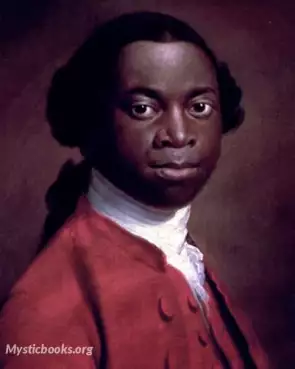
Olaudah Equiano
United States, Nigeria, Britain
Olaudah Equiano was a writer and abolitionist from, according to his memoir, the Eboe (Igbo) region of the Kingdom of Benin (today southern Nigeria). Enslaved as a child in Africa, he was taken to the...
Books by Olaudah EquianoDownload eBooks
Listen/Download Audiobook
- Select Speed
Related books

Memoirs of Chateaubriand 1768 to 1800 by François-René de Chateaubriand
François-René de Chateaubriand's *Memoirs of Chateaubriand 1768 to 1800* delves into the early life of this prominent French writer, politician, and f...
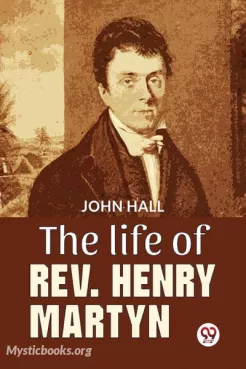
The Life of Rev. Henry Martyn by John Hall
In a world yearning for spiritual enlightenment, John Hall's "The Life of Rev. Henry Martyn" offers a beacon of hope, chronicling the extraordinary li...
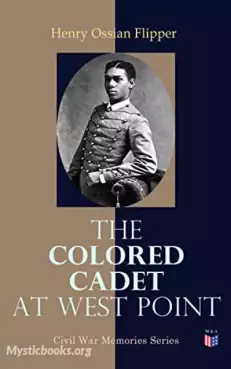
The Colored Cadet at West Point by Henry Flipper
In 1876, Johnson Chestnut Whittaker another African American, was admitted to the academy. But one day he was discovered beaten, bound and unconscious...
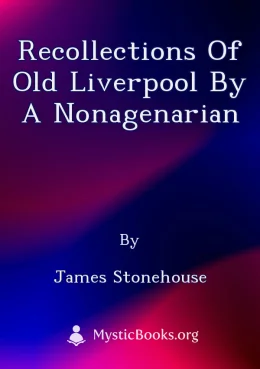
Recollections of Old Liverpool by a Nonagenarian by James Stonehouse
This book offers a unique glimpse into the life and times of a 93-year-old Liverpudlian, providing a rich and vivid account of late 19th and early 20t...

Red Battle Flyer by Manfred von Richthofen
This book is a firsthand account of the life and experiences of Manfred von Richthofen, the famed 'Red Baron,' during his time as a fighter pilot in W...
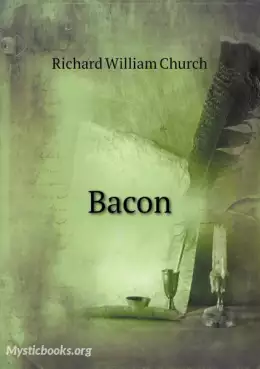
Bacon by Richard William Church
This investigation of Bacon the scholar and man of letters begins with a look at the early days and progresses to his relationships with Queen Elizabe...
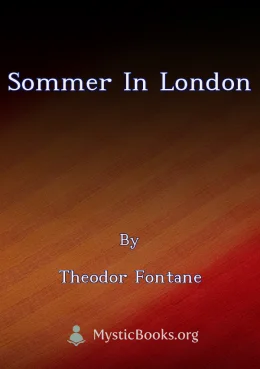
Sommer in London by Theodor Fontane
Diese 35 kurzen Reiseberichte entstanden, als Theodor Fontane 1852 zum zweiten Mal nach London reiste. Die Stadt faszinierte ihn, und sowohl die guten...
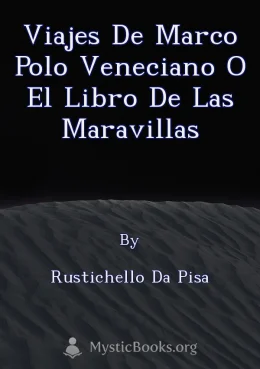
viajes de Marco Polo veneciano o El libro de las maravillas by Rustichello da Pisa
Esta obra, publicada en 1298, relata las aventuras de Marco Polo durante sus viajes a través de Asia. El libro describe en detalle las regiones visita...
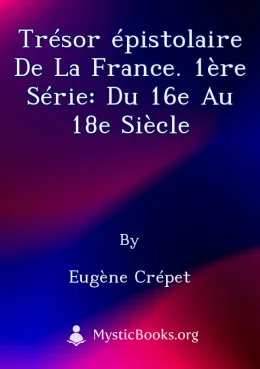
trésor épistolaire de la France. 1ère série: du 16e au 18e siècle by Eugène Crépet
Le *Trésor épistolaire de la France* est une anthologie de lettres françaises du XVIe au XVIIIe siècle. Le recueil comprend des lettres de figures mar...
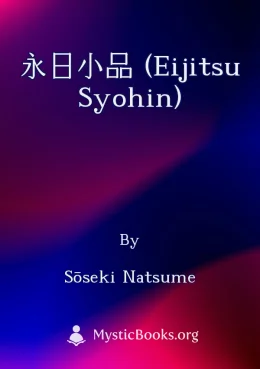
永日小品 (Eijitsu Syohin) by Sōseki Natsume
“永日小品 (Eijitsu Syohin)” is a collection of essays by Natsume Soseki, renowned Japanese author, penned during his time in London. The essays reflec...
Reviews for The Interesting Narrative of the Life of Olaudah Equiano, Or Gustavus Vassa, The African
No reviews posted or approved, yet...